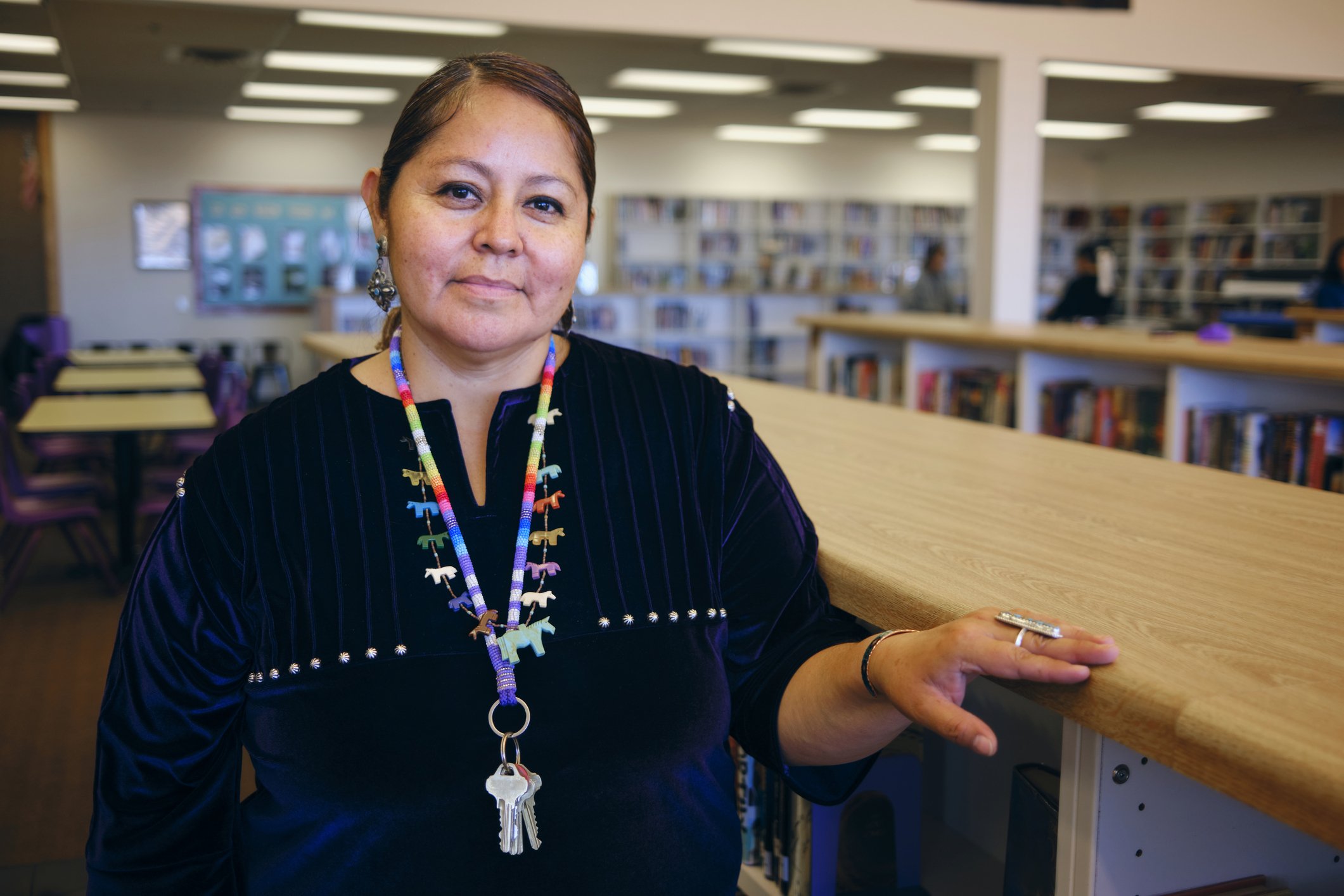Q & A with Dr. Bagele Chilisa, Part 1
Dr. Bagale Chilisa is the author of the popular book, Indigenous Research Methodologies, which is now in its second edition. I asked her some questions about her work, and this is the first in a series of posts that feature her responses. With the code MSPACEQ223 receive a 20% discount when ordering from Sage Publishing, valid until June 30, 2023.
JS: Welcome to MethodSpace Dr. Chilisa! I've looked at your impressive range of work-- can you briefly introduce yourself and your work at the University of Botswana and the UN Development Programme (UNDP)?
BC: The community of social science researchers is experiencing a struggle as it comes to terms with social justice issues that arise from the research process itself, as well as from the findings that are produced by their efforts. Also, more and more researchers from the third world and from Indigenous societies are expressing criticism about what is viewed as colonizing epistemologies and methodologies and call for the combination of indigenous and current conventional methodologies. Chapter 2 of the new edition discusses the big four research paradigms and a fifth emerging paradigm that arise from indigenous realities and ways of knowing.
I am in the UNDP advisory panel; part of my duties is to review evaluation reports. There are current criticisms about evaluation reports conducted on international development projects. Some of the criticisms are that there is blind reliance on Eurocentric models, strategies, techniques and research methods that often lead to inadequate assessments, wrong prescriptions, and flat evaluation models. Chapter 6 discusses some of these concerns and suggests ways to address them.
A dichotomous hierarchy informed by colonization, imperialism and globalisation privileges the First world as the knower and relegates the Third world to the position of the ‘’other’ who is a leaner. People’s resistance to imposed frameworks compromise the research process and its findings. Chapter 4: Whose Reality Counts: Research in Question, demonstrates the consequences of this hierarchy while Chapter 10 demonstrate culturally responsive research methodologies.
JS: Please help our readers understand the term "indigenous research methods".
BC: The book is on indigenous research methodologies. These are a family of methods informed by the indigenous world views. A methodology that is not embedded in paradigmatic space loses its meaning (Kovach).
An Indigenous research method targets local phenomenon instead using extant theory from the West. Take, for example, a study to develop an indigenous measure of common mental disorders in a primary care setting among the Shona people in Zimbabwe, and to examine the psychometric properties of the measure. It is important for the research to understand the meaning of mental disorders from the perspective of the community where the research is conducted.
The Shona mental health measurement scale is discussed in Chapter 5 where it is contrasted with the WHO mental health scale. New mental health constructs were created based on Shona perspectives of what mental health is. What is important to note is that the local constructs were integrated with international constructs to give a holistic picture of what can be known about mental health.
There are many examples of studies that combine indigenous and Western methods in the book. Some studies can be predominantly indigenous while others are integrative. Chapter 2 gives examples of studies that combine Western and Indigenous methods, those that are predominantly indigenous and those that create a third space to do research that takes the best of Western and Indigenous methods and come up with a methodology that is neither indigenous nor Western.




Read this collection of multidisciplinary articles to explore epistemological questions in Indigenous research.